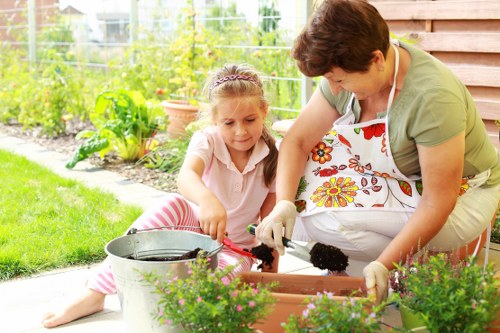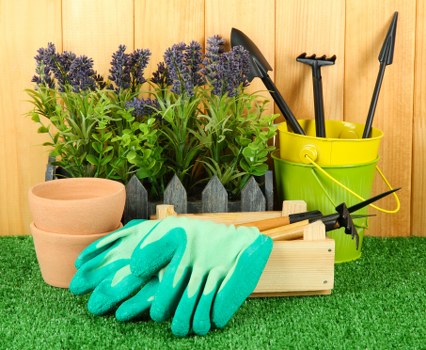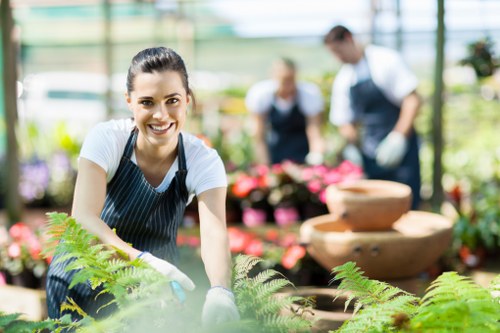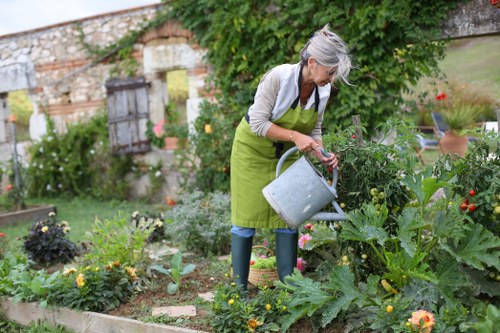Effective Block Paving Cleaning Techniques for a Pristine Exterior

Maintaining block paving is essential for preserving the beauty and functionality of your outdoor spaces. Over time, block pavers can accumulate dirt, stains, and moss, detracting from their appearance and potentially causing damage. Regular block paving cleaning ensures that your surfaces remain attractive and safe for use.
There are various methods available for cleaning block pavers, each suited to different levels of grime and types of pavers. From manual scrubbing to advanced pressure washing, understanding the best approach can help you achieve optimal results without damaging the stones.
Choosing the right cleaning technique depends on several factors, including the type of block paving, the extent of staining, and environmental considerations. It’s important to select a method that not only removes dirt but also preserves the integrity of the paving materials.

One of the most common forms of dirt accumulation on block pavers is algae and moss growth. These not only make the surface slippery but can also lead to long-term damage if left untreated. Moss removal is a critical step in maintaining block paving, especially in damp or shaded areas where moisture tends to linger.
Using a mixture of water and bleach can effectively kill moss and algae. However, it’s important to apply the solution carefully to avoid discoloration of the pavers or harm to surrounding vegetation. Protective gear, such as gloves and eye protection, should be worn during the cleaning process.
For those who prefer environmentally friendly solutions, vinegar or baking soda can be used as natural alternatives to chemical cleaners. These options are less harsh on the environment and can be just as effective in removing organic growth from paving surfaces.

Stubborn stains, such as oil or grease, require a more targeted paving cleaning approach. Specialized cleaning agents are available that can break down these types of stains without damaging the pavers. It’s advisable to test the cleaner on a small, inconspicuous area first to ensure compatibility.
For extensive staining, hiring a professional block paving cleaning service might be the best option. Professionals have access to industrial-grade equipment and specialized detergents that can effectively remove deep-seated stains and restore the pavers to their original condition.
Regular maintenance is key to preventing stain buildup. Sweeping the paving regularly and promptly addressing spills can significantly reduce the occurrence of difficult-to-remove stains.

After cleaning, it’s beneficial to apply a sealant to your block paving. Sealing helps protect the pavers from future stains, moisture penetration, and weed growth. It also enhances the color and overall appearance of the paving, giving it a fresh and vibrant look.
Choosing the right sealant is crucial. There are various types available, including penetrating sealers and topical sealers, each offering different levels of protection and finish. Consulting with a paving specialist can help you select the most appropriate sealant for your specific needs.

Incorporating block paving cleaning into your regular maintenance routine can extend the lifespan of your paving and maintain the curb appeal of your property. By understanding the different cleaning methods and selecting the right one for your situation, you can ensure that your block pavers remain in excellent condition for years to come.
Investing time and effort into proper cleaning not only enhances the aesthetic appeal but also prevents potential safety hazards associated with slippery or damaged pavers. Whether you choose to undertake the cleaning yourself or enlist professional help, the benefits of a well-maintained block paving system are undeniable.


